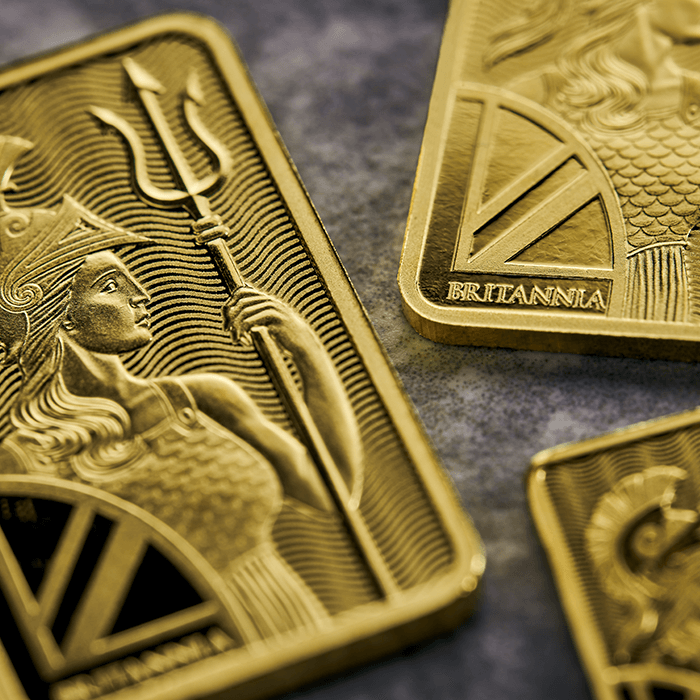During the Viking Age, seafaring people from Scandinavia voyaged around the globe to raid, plunder, establish trade routes and discover new lands in which to settle and live. The earliest documented Viking raid in Britain took place in AD 793, when the monastery of St Cuthbert on Lindisfarne in Northumberland was sacked; treasures were stolen and monks were murdered or enslaved.

The Great Heathen Army
After the raid on Lindisfarne in 793, small-scale raids continued and were carried out with meticulous planning. Around 850, Northmen began to overwinter in Britain and build settlements. Gaining footholds in the Hebrides along with the Shetland and Orkney Islands, they also established trading settlements in Ireland from where they could also launch more attacks.
In 865, a coalition known as the ‘Great Heathen Army’ invaded England. Also known as the ‘Viking Great Army’ , the force arrived in East Anglia and was led by Guthrum, Ivar the Boneless and Ivar’s brothers, Halvdan and Ubba. Pushing north to Northumbria, they captured York, which they called ‘Jorvik’. Incessant raids on nearby kingdoms eventually resulted in the whole of Northumbria becoming Danelaw, a term for the parts of England occupied by the Norsemen, in 867.

The Royal Mint and the Viking Conquest
Having conquered Northumbria, as well as the kingdoms of East Anglia and Mercia, the Great Heathen Army eventually set its sights upon the kingdom of Wessex, where Alfred the Great ruled as king. In May 878, Alfred’s forces defeated the Norse army at the Battle of Edington and several years later, in 886, a historic treaty was signed between Alfred and Guthrum. The treaty prompted years of peace between the Anglo-Saxons and the Norsemen, distinguishing clear boundaries between territories and establishing peaceful trading relations. The very same year marked the founding of The Royal Mint in London, following its Norse occupation, and our history can be traced back to a silver penny struck for Alfred the Great.
Leaving a Legacy
Also referred to as ‘Northmen’, ‘Norsemen’ or ‘Danes’, the Norse peoples are often portrayed as violent and bloodthirsty in modern culture, which mostly derives from the Viking revival of the eighteenth century, which gained traction and appeal into to the nineteenth century.
Whilst they did have a reputation for violence when raiding as Vikings, as a people they were incredibly talented seamen, gifted craftspeople, shrewd traders and daring explorers. Their presence in the British Isles has had a lasting impact and, before their conversion to Christianity, they worshipped a pantheon of gods, the mythology of which endures in popularity to the modern day.
The Norse Gods
The Prose Edda is the most complete and detailed account of Norse mythology, written by Snorri Sturluson in the thirteenth century. By this point, the mass conversion of Scandinavians to Christianity had already taken place, so Sturluson wrote the text from a Christian perspective but it nevertheless contains rich tales and gives an insight to Scandinavian pagan beliefs of the Viking Age. Norse mythology is similar to other ancient belief systems, such as those of the Ancient Greeks and Romans, as it offers ways of interpreting and understanding the world.

Honouring the Deities of Norse Mythology
Starting with Odin, the father of the Norse Gods, and then followed by Thor and Loki respectively, we pay tribute to these fascinating deities with a stunning bullion bar collection. Facets of each god’s persona that have been passed down from generation to generation through Sturluson’s definitive text have been meticulously engraved onto these precious bars. Minted in gold and silver, with certain editions exclusively available from The Royal Mint, the bars serve as both secure investment opportunities and a beautiful collectable piece for Norse mythology enthusiasts.




